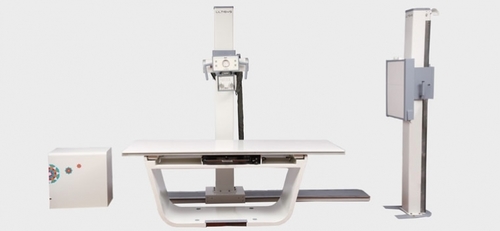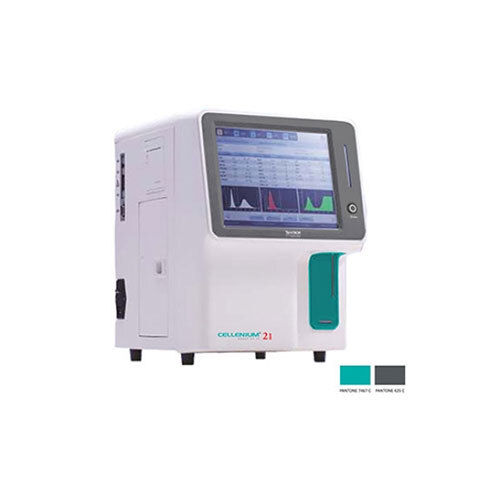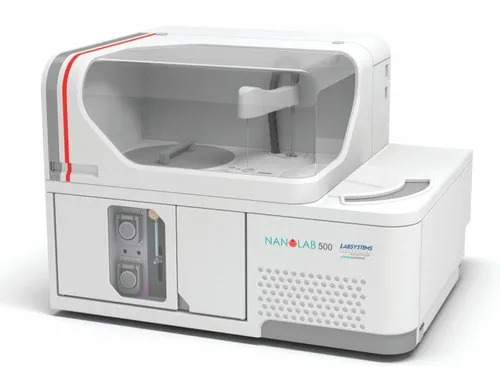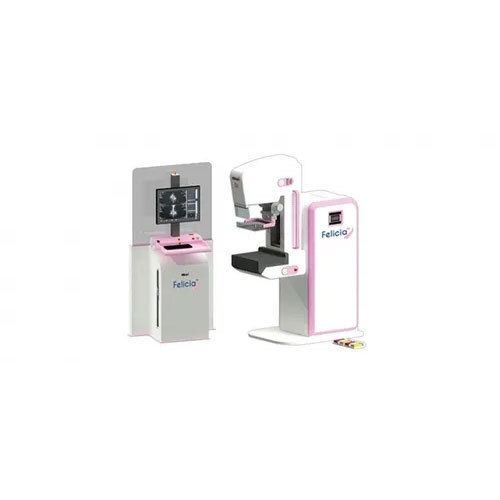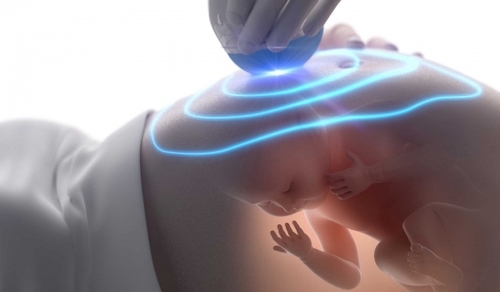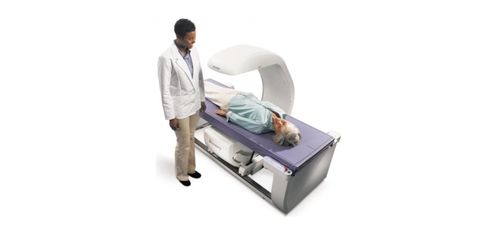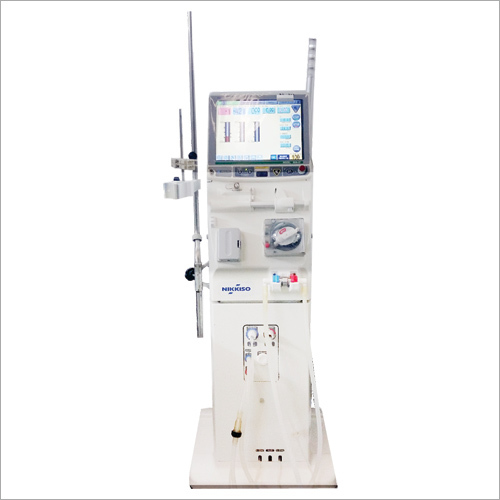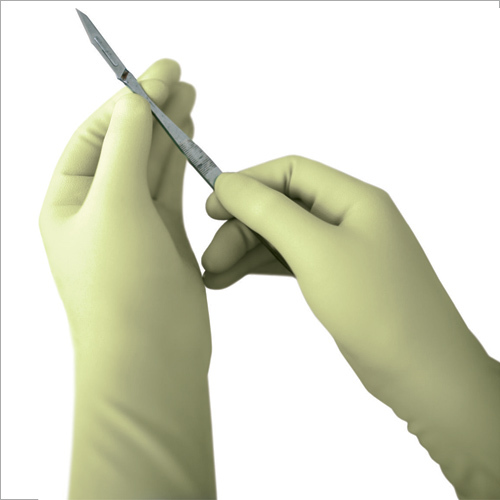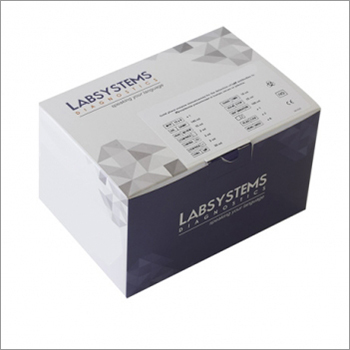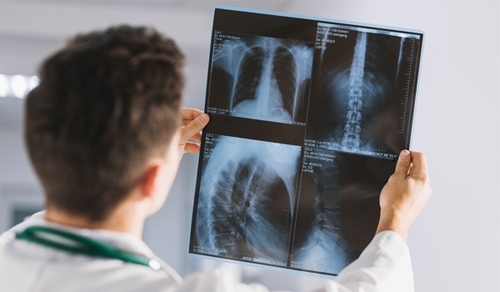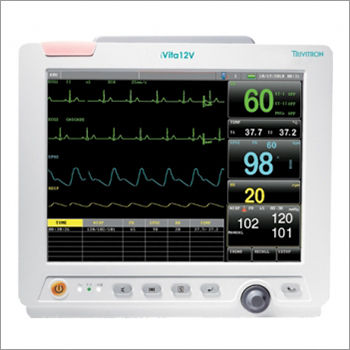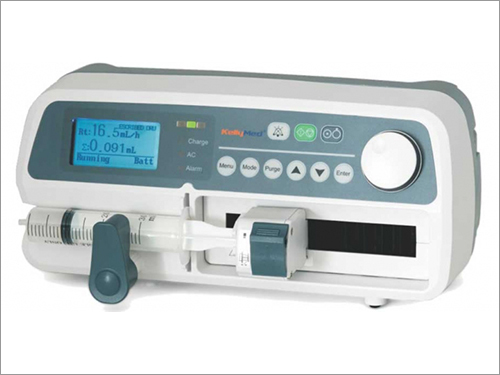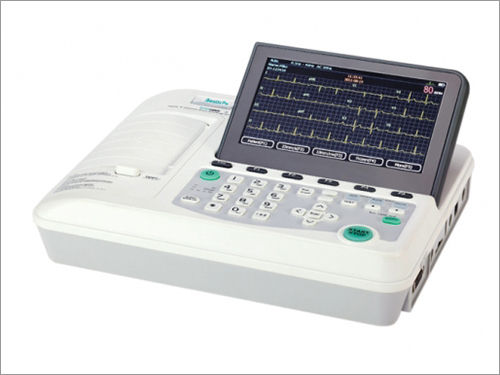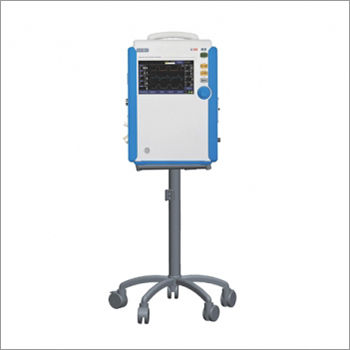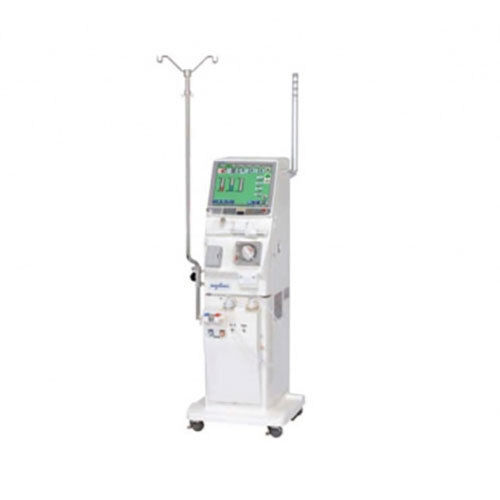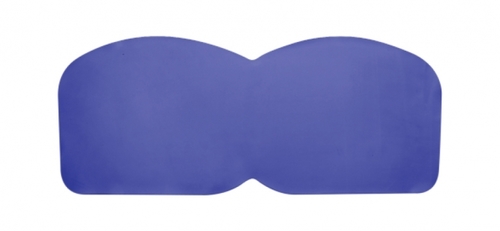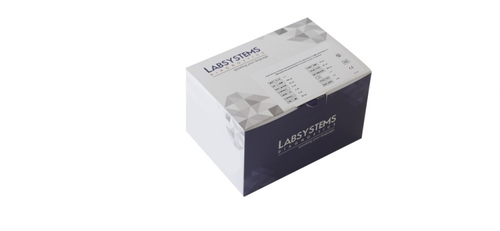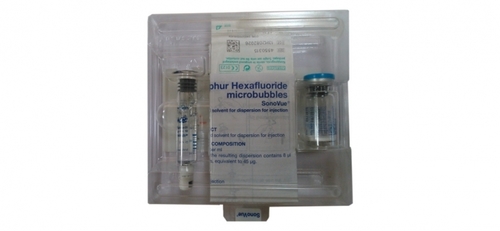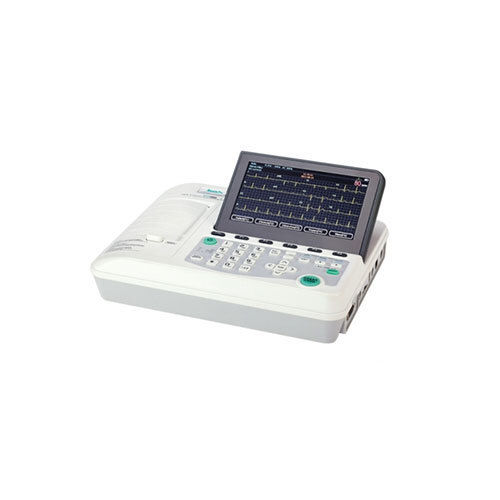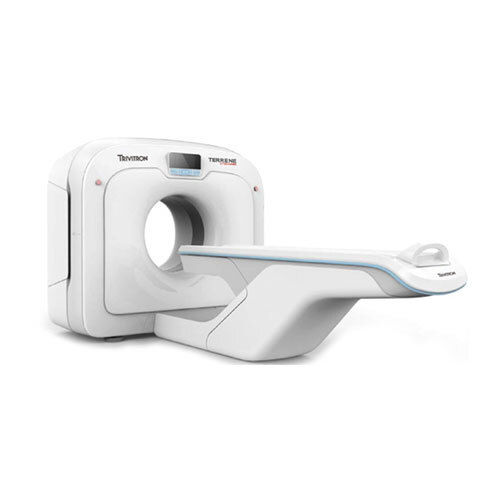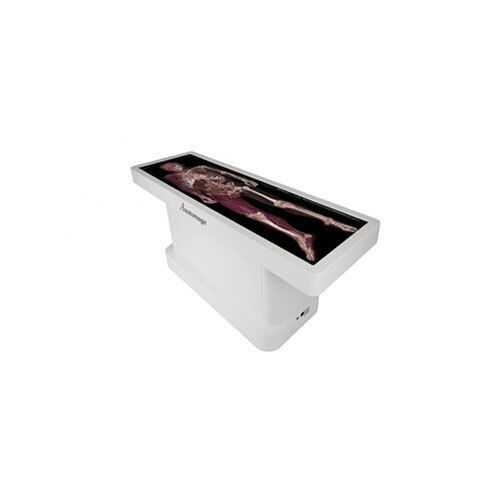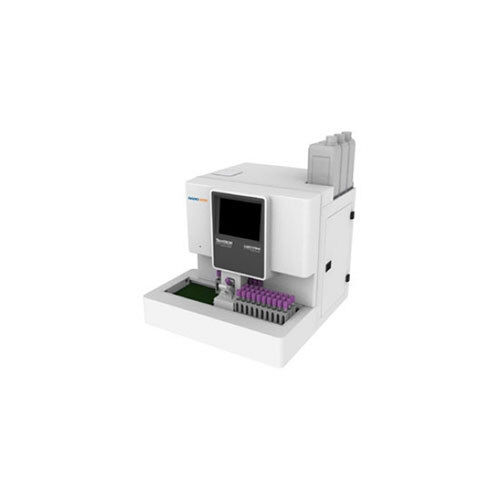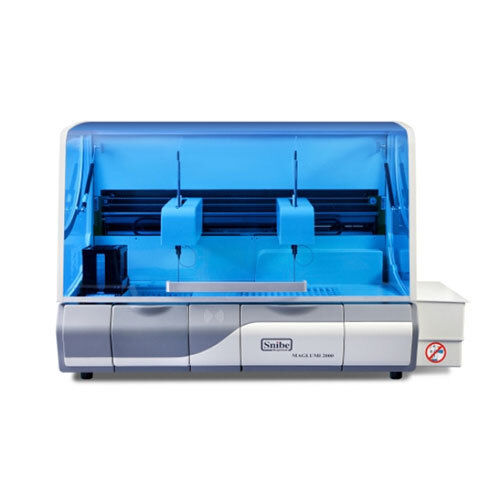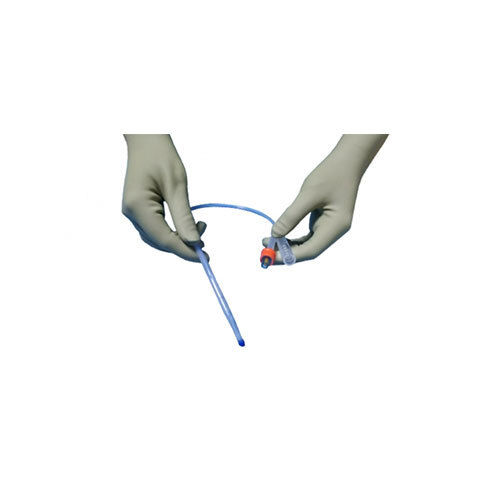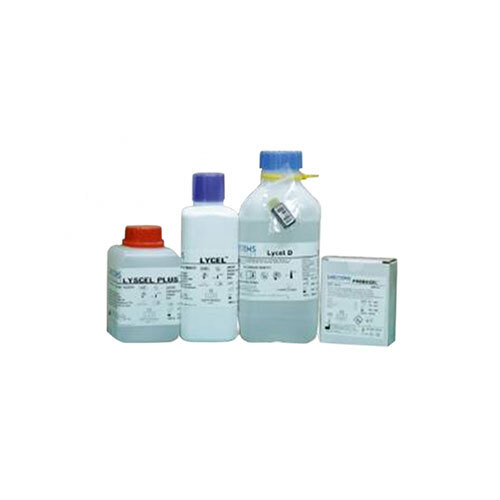Call: 08045478001
Showroom
Radiography C Arm Systems expose patients to much less radiation than a traditional X-ray. These imaging systems are frequently utilised in orthopaedic surgeries, paint management, and emergency care. Healthcare practitioners are frequently exposed to radiation because it is extremely prevalent and utilised in a variety of treatments.
Critical and ICU Products are in charge of powering the professional video camera, managing signals received to and from the camera through the camera wire and may be used to remotely manage different camera parameters. In intensive care, modern equipment has established new norms.
The purpose of molecular diagnostics research is to uncover illness biomarkers, develop improved diagnostic tests, and ultimately find novel therapies and potential solutions. They are checked under various parameters to ensure their high working and excellent durability. They are very safe to use.
Lead cables connect the electrodes to an ECG machine. The electrical impulses are recorded by an ECG to reveal how rapidly the heart is beating, the rhythm of the heart beats, and the intensity and timing of the electrical impulses as they flow through the different sections of the heart.
Ventilator Systems acts as a sort of therapy that assists you in breathing or breaths for you when you are unable to do so on your own. Mechanical ventilation keeps your airways open while also delivering oxygen and removing carbon dioxide.
Contrast media are a class of chemical compounds that have been produced to help in pathology characterization by enhancing the contrast resolution of an imaging modality. Specific media have been designed for each structural imaging technique and delivery method.
Aside from X-rays, radiology accessories aid in imaging techniques in various imaging processes. Doctors and surgeons may view real-time images of the interior of the body with this technology. Doctors want accurate diagnosis findings in order to provide better care. As a result, they rely heavily on radiographers.

 Send Inquiry
Send Inquiry
